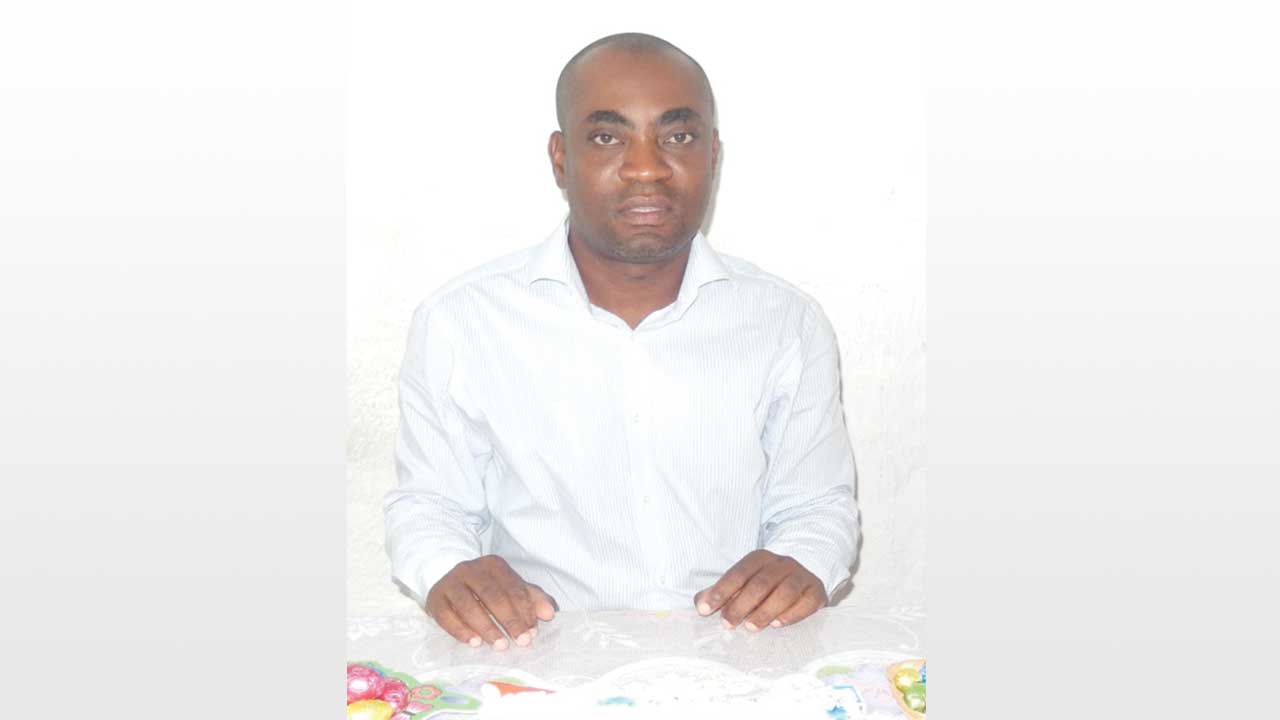Member of Parliament for the Rodrigues constituency Joseph Leopold was part of the observation mission of the Indian Ocean Commission (IOC) attending the second round of the presidential election in the Comoros held on April 10. Former coup leader Azali Assoumani was narrowly elected. News on Sunday met Joseph Leopold on Tuesday 19 April between two sessions of the National Assembly to comment on his mission on the archipelago.
What was your personal impression when you arrived on the Comoros islands?
This was my first mission abroad as a new parliamentarian and I was thrilled to represent the Republic of Mauritius within the Indian Ocean Commission as an observer at this presidential election. First, I would like to thank the authorities of the Comoros and the Comorian people for their warm welcome and hospitality during my stay in their country. However, widespread poverty and the lack of public services like education and health as well as scarce public utilities like electricity and access to drinking water were quite shocking as compared to our country.
How was the IOC mission involved in the presidential elections on the Comoros islands?
The mission of the IOC was in the Comoros at the invitation of the President of the Union of the Comoros for the second round of the election of the President of the Union of Comoros, coupled with that of Governors of the autonomous islands, held April 10, 2016. This mission follows one sent in the primary elections of February 21, 2016.
What about the election itself?
Sunday 10 April election was a contest between Assoumani, his main rival Vice President Mohamed Ali Soilihi – known as Mamadou – and Mouigni Baraka, the governor of Grande Comore island. Assoumani first came to power in 1999 after ousting acting president Tadjidine Ben Said Massounde in a coup. He then won the presidential election three years later, stepping down when his term ended in 2006.
The first-round vote of February took place only on Grand Comore island, in line with electoral rules to choose the president on a rotating basis from the three main islands. The three islands that make up the Comoros – Anjouan, Grand Comore and Moheli – have a population of just under 800,000 people, nearly all of whom are Muslims. The fourth island of Mayotte voted against independence and is still governed by France. After his election on Saturday last, Assoumani takes over from outgoing President Ikililou Dhoinine, who completed his five-year term in office.
What are your comments on the holding of the elections?
I believe that preparations for presidential elections and those of Governors of the Autonomous Islands were completed satisfactorily; that the Independent National Electoral Commission (INEC) of the Comoros has discharged its responsibilities with a view to improving the organisation and conduct of the elections, particularly on the basis of the observations of national and international missions mobilized in the first round.
On Election Day, members of the Mission observed the elections in Grande Comore and Anjouan. We attended the operations of voting and counting and noted that the second round was held in good general conditions and that a peaceful climate prevailed during the voting on Grande Comore. Members of the Mission welcomed the responsible citizen and voter behaviour and noted that the counting process took place without major incidents although sometimes under difficult conditions, including lack of electricity in some polling stations of Grande Comore. Election materials were adequate and of good quality and we noticed a strong mobilisation of women and youth as members of polling stations.
You mean there were no deficiencies?
Observers of the mission noted some deficiencies and regret the incident that disrupted the smooth election in Anjouan generating a tense and unstable environment; the level of security around these polling stations did not allow optimal conditions required by voters to fulfil their civic duty. In some polling stations, visited by the Mission, the operations started at least half an hour after the time prescribed by law due to the late arrival of some members of the polling stations or assessors of candidates and late delivery of voting materials.
Did the disturbances on Mayotte at the same time of the presidential elections have any impact?
News of the disturbances came in but did not influence the voting. The population was too involved in choosing a new president for Grande Comore, Anjouan and Moheli.
Did you meet the candidates and officials of the country?
Members of the Mission met the candidates and had many conversations especially with the Foreign Minister of the Union of Comoros, representatives of CENI, the ambassadors of the African Union and South Africa as well with representatives of the European Union, the international Organisation of the Francophonie and the Arab League.
After such an experience what do you have to say to the young people of our Republic?
I urge our young people to visit the Archipelago, our neighbour in the Indian Ocean. The people on the islands are peaceful and welcoming. They can even try to seek economic, trade and commercial exchanges with the Comoros. The islands of Comoros export vanilla, cloves and ylang-ylang perfume. However, they should not try to compare what they see there to what we have and what we enjoy in Mauritius. Here we have strong institutions, the rule of law and a strong democratic set up. The Comoros has a totally different environment but with a peaceful and loving population.
 Par
News on Sunday, Defimedia.info
Par
News on Sunday, Defimedia.info
 Par
News on Sunday, Defimedia.info
Par
News on Sunday, Defimedia.info

 J'aime
J'aime